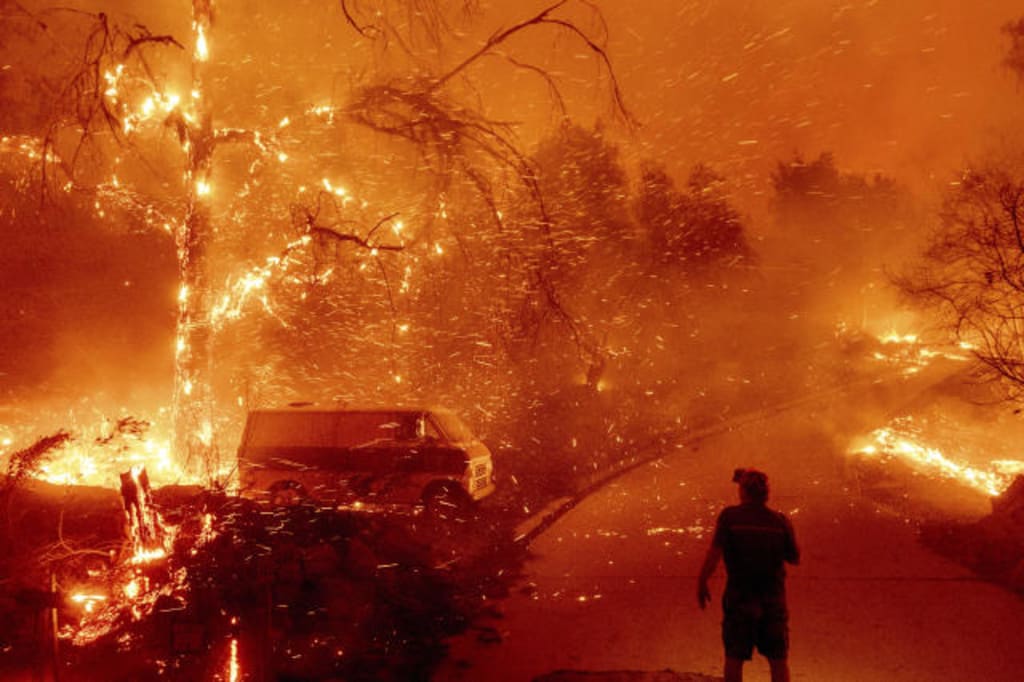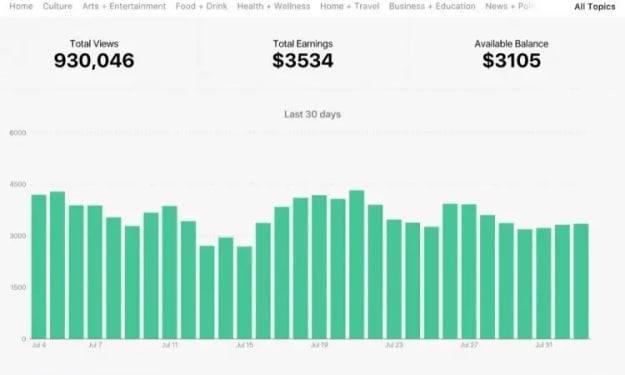Rocket boosters for climate disinformation on Elon Musk's Twitter
Misinformation about climate change

Washington, D.C. When you search for "climate" on Twitter, the first automated suggestion is "climate fraud," not "climate catastrophe," "climate jobs," or even "climate change."
Numerous articles debunking the existence of climate change and making false statements about attempts to prevent it can be found by clicking on the recommendation.
Since Elon Musk purchased Twitter last year, this kind of false information has proliferated there, but Twitter isn't the only platform that promotes material that, according to scientists and environmentalists, undermines public support for laws intended to address climate change.
According to Jennie King, head of climate research and response at the Institute for Strategic Dialogue, a nonprofit organization with offices in London, "what's happening in the information ecosystem poses a direct danger to action." It sows those seeds of skepticism and leads people to believe that perhaps there isn't a scientific agreement.
The institute is a member of a coalition of environmental advocacy organizations that on Thursday unveiled a report tracking the spread of false information about climate change in the months leading up to, during, and following the U.N. climate summit in November.
The audit criticized social media sites for, among other things, not upholding their own rules against spreading false information about climate change. It is the most recent to draw attention to the rising issue of false information on climate change on Twitter.
The majority of the nearly 4,000 advertisements allowed on Meta's website were purchased by fossil fuel companies and criticized attempts to address climate change as well as the scientific consensus behind it, the researchers discovered. Meta is the company that owns Facebook and Instagram.
Some of the advertisements and tweets downplayed the costs of inactivity, instead citing concerns about inflation and the economy as justifications for opposing climate policy. Researchers also discovered that many of the accounts spreading misleading information on climate change also did so about vaccines, COVID-19, and U.S. elections.
The Associated Press sent queries to Twitter, which didn't answer. A Meta representative noted the business's rule against running ads that have been disproven to be untrue by its fact-checking partners, which includes the AP. The report's listed advertisements hadn't had their veracity verified.
Under Musk, Twitter made modifications to its content filtering that its detractors claimed undermined the effort and let hundreds of staff go. The business declared in November that it would no longer enforce its anti-COVID-19 disinformation policy. Several users who had been previously banned, including some who had propagated false information about climate change, were also reinstated by Musk. Attacks and hate speech against LGBTQ individuals increased dramatically.
According to a survey published this week by the NGO Advance Democracy, the number of tweets featuring the word "climate fraud" or other expressions connected to climate change denial increased by 300% in 2022. Many of the well-liked posts were not labeled, despite the fact that Twitter has flagged some of the content as false.
According to a research from the Center for Countering Digital Hate, another organization that monitors online misinformation, Musk's new verification system may contribute to the issue. Previously, those with the blue checkmarks included journalists, political officials, and celebrities.
Anyone who is prepared to pay $8 each month can now apply for a checkmark. On the network, posts and comments from verified accounts receive a boost that makes them more prominent than information from free users.
When researchers at the Center for Countering Digital Hate examined accounts confirmed after Musk bought it, they discovered that they disseminated four times as much false material about climate change.
The purpose of verification systems is often to reassure users that the accounts they follow are real. Imran Khan, the center's CEO, claims that Twitter's new algorithm, however, draws no distinction between credible sources on climate change and anyone with $8 and an opinion.
Khan stated, "We discovered that it has in fact given the spread of lies and misinformation rocket boosters.
About the Creator
ABUBAKAR KABIRU
Am a gifted storyteller known for captivating narratives & relatable characters. Am writes across genres, earning literary awards & critical acclaim.






Comments
There are no comments for this story
Be the first to respond and start the conversation.